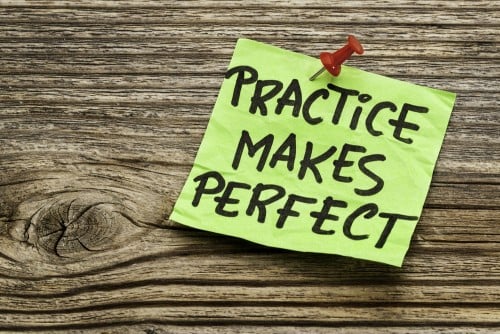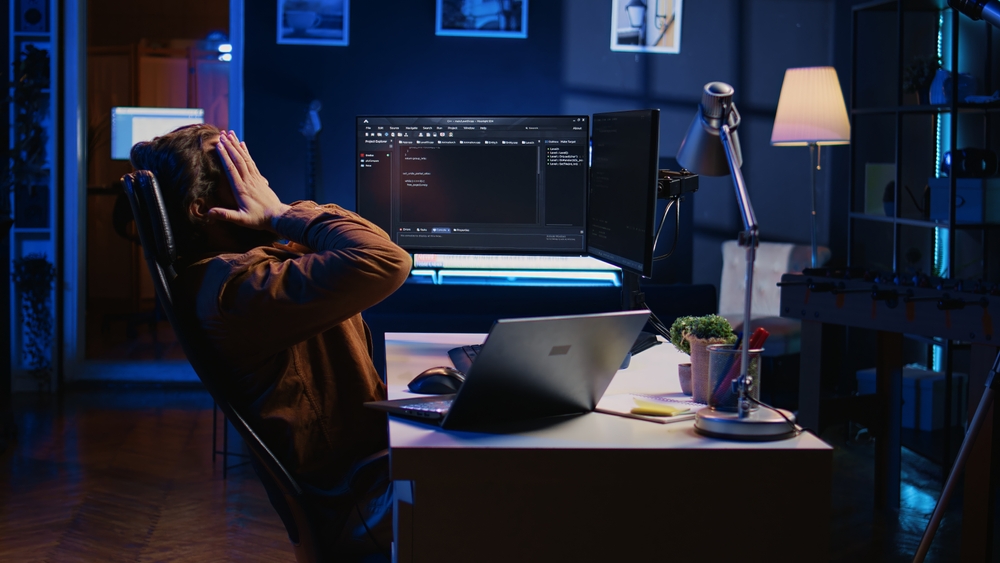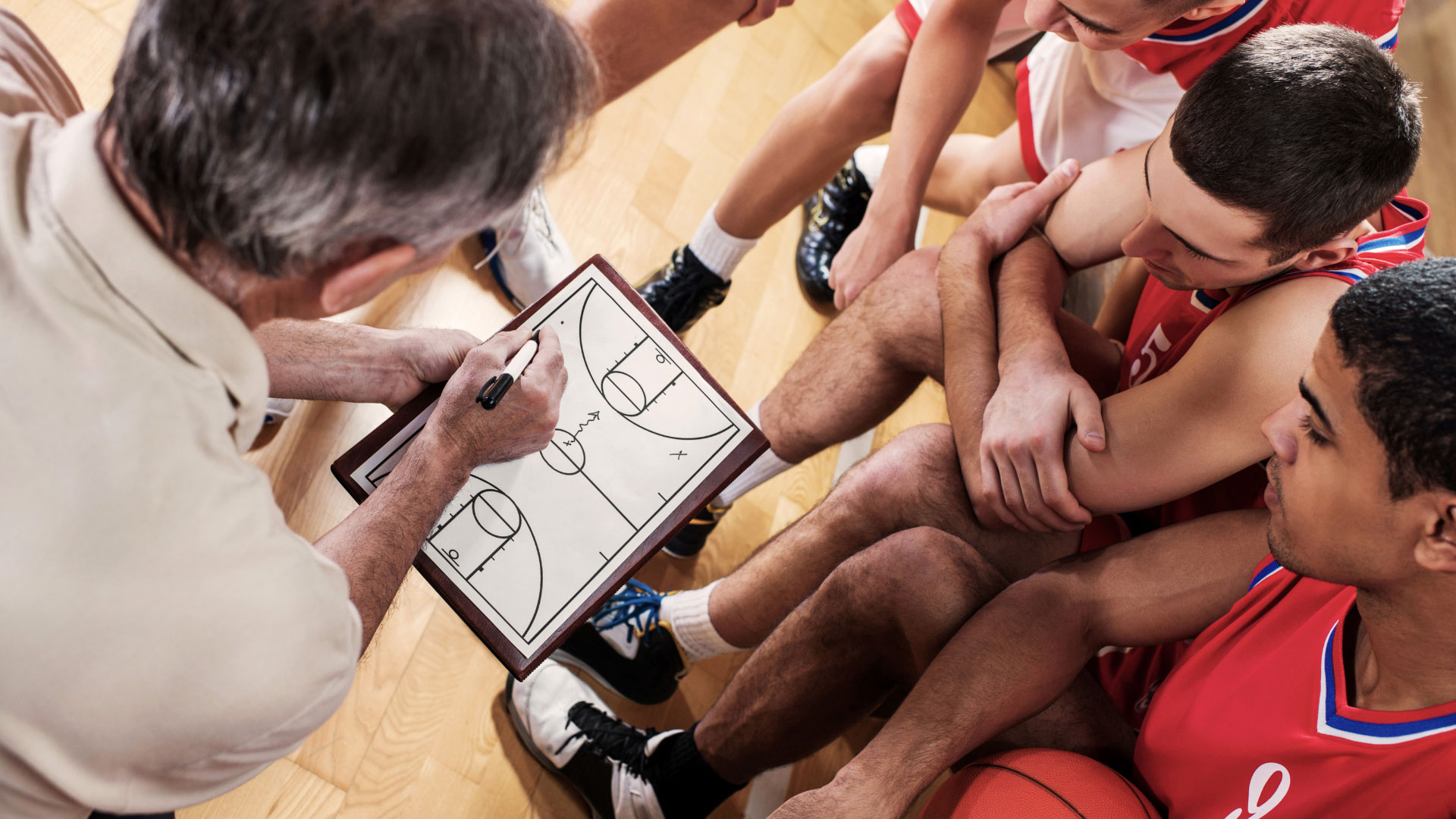
A few nights ago I saw the film Whiplash, about a young jazz drummer and the somewhat controversial – and occasionally violent – coaching techniques employed by his teacher at a New York music academy. Among the other potential topics for debate that the film raises – such as whether the academy is modelled on Juilliard, or what is the right balance of challenge and praise in creating high performance – I was drawn to another aspect that is rarely discussed: practice.
In a world that is increasingly focused on status and celebrity – i.e. the end result of being good at one’s job – it is often forgotten that what distinguishes enduring talent from flash-in-the-pan celebrities, is repeated, tedious, dogged, painful-till-it-hurts, practice. The tedium of practising music scales, life drawings, Shakespearian speeches, rugby tackles, long jumps, one after another after another, and the continued discipline required to do so, is now rarely mentioned, let alone celebrated.
At a wonderful William Blake exhibition at the Ashmolean, my companion and I were shocked to learn that Blake had to practise life painting at the Royal Academy for a full three years, as part of his training! And life painting is not even one of his main interests… It would be hard to imagine art students today agreeing to do something that requires such strength of character, focus and discipline (not to mention the tedium). Yet it is precisely in those moments of tedium, when we think “I can’t go any more…” that we get better, at first by imperceptible amounts and then by leaps and bounds.
I’ve often heard the best leadership and organisational consultants and facilitators described as “practitioners”; and – despite the slightly esoteric connotation of that word – what it signifies is the attitude towards continuous learning, and never stopping striving to get better, or more up-to-date. Insistence on practice – and peer learning – is also what in my mind distinguishes learning from training, development from instruction, and lasting change from temporary effect. That’s why we at Roffey Park insist on continuing practice development not just for participants on our programmes, but also for everybody who works here. Although I’m happy to report that we haven’t resorted to methods deployed in Whiplash just yet!





